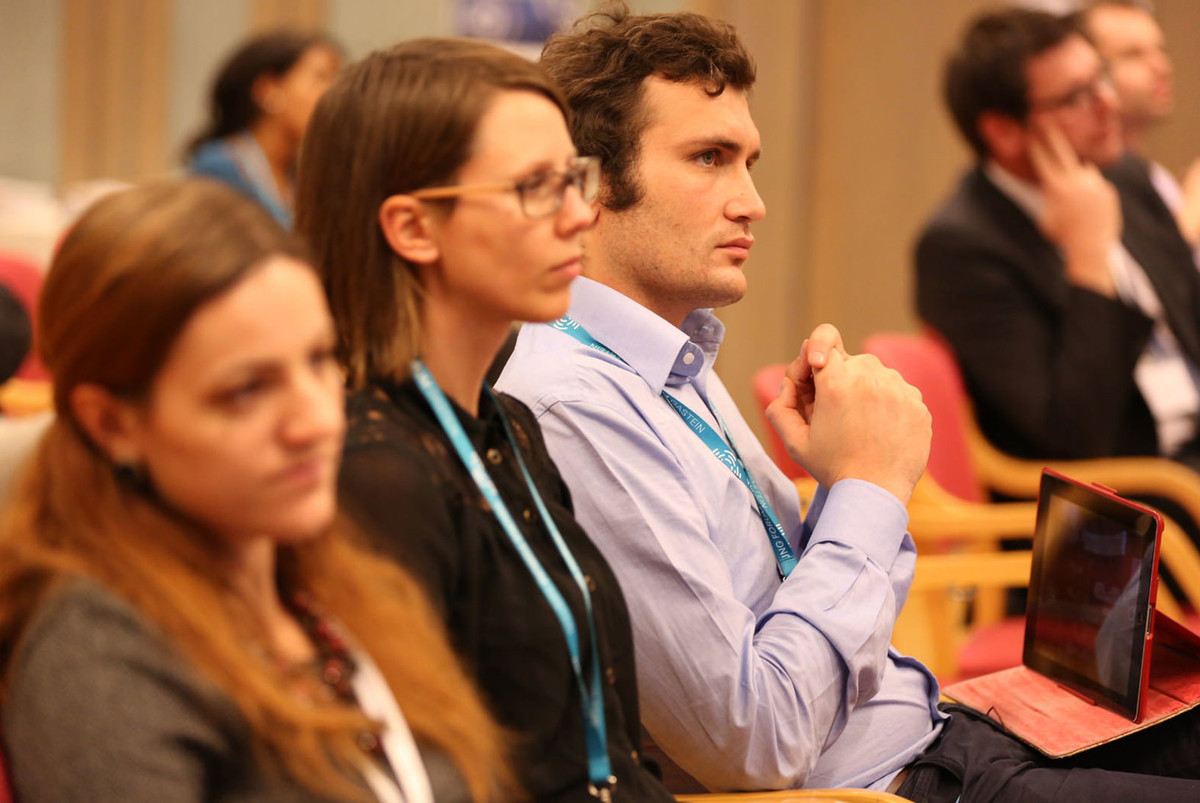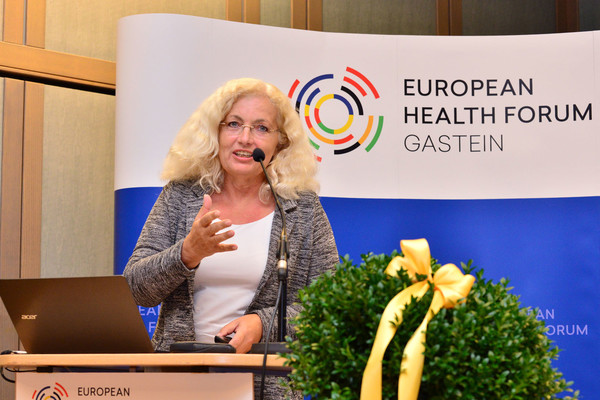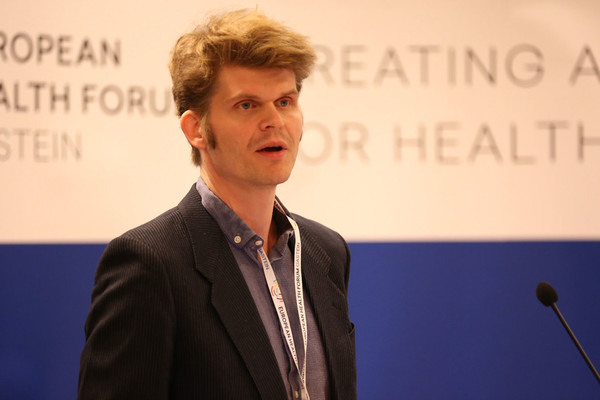F7 FORUM
PROJECT SESSION
Thursday, 29.09.2016 | 17:00 - 19:30 | Room

Selected projects presented at the #EHFG2017.
Project 1 | Active and healthy ageing starts in childhood
Organised by European Federation of Allergy and Airways Diseases Patients' Associations (EFA)
As life expectancy increases, active and healthy ageing should be fostered to ensure health systems' sustainability and performance. Adolescents with chronic diseases (i.e. asthma, diabetes) often fail to adhere to treatment, leading to deteriorated quality of life in adulthood, reduced productivity and opportunities to stay in workforce, leading to higher public costs.
EFA conducted a survey among young people with chronic diseases (in particular asthma) in four European countries for identifying the underlying causes for non-adherence to treatment. The results lead to recommendations for patients and their families, healthcare professionals and policy-makers, to support a better adherence to treatments and the self-management of chronic diseases. The goal of the session is to gain consensus on the recommendations and identify next steps towards the implementation of an educational plan and its proposed actions at the national level in Europe.
Identifying the underlying causes for non-adherence to treatment in adolescents with a chronic disease (Asthma)
Erkka Valovirta, Professor, University of Turku, Finland; Pediatrician and Pediatric Allergist, Terveystalo Turku, Allergy Clinic; Past President of EFA
Discussion of recommendations
Karin Kadenbach, Member of the European Parliament (S&D, Austria)
Project 2 | Can wearable devices help in the clinic? And provide Big Data on patients?
Organised by World Obesity Federation
he current obesity epidemic affects over half of European adults and is increasing among the younger population. Clinicians need to monitor and motivate their obese patients to maintain a healthy lifestyle. The DAPHNE project aims to develop wearable devices to monitor sedentary behaviour and physical activity, collect information on stress and dietary patterns, and to pass this information on to a clinical practitioner for review. Care needs to be taken to protect the security of the data during its transfer between a patient’s devices and the hospital patient records.
In the presentation we will describe the pilot clinical trials, and discuss the acceptability of the devices, and the patient’s experience and willingness to have their data collected, and the experience of the physician in using the data that arrives on a daily or weekly basis.
Speakers
Melania Manco, Director, Research Unit for Multifactorial Diseases, Obesity and Diabetes, Bambino Gesù Pediatric Hospital, Rome
Tim Lobstein, Director of Policy, World Obesity Federation
Project 3 | General Practitioners’ cluster
Organised by Swiss Contribution Office in Hungary and the Government of Hungary
A model developed and implemented in Hungary in the framework of Swiss Contribution Programme to reorient primary care to public health services.
A GP cluster is a network of collaborating primary care practices that, in addition to offering traditional care, provide preventive services and health promotion interventions by employing new health professionals and health mediators. The goal is to improve the population’s health status not only by providing care for the sick but also services to prevent disease and improve health, especially in the most vulnerable communities.
The Hungarian programme to reorient primary healthcare (PHC) to public health services has launched a new community-oriented PHC in four areas of the most disadvantaged regions of Hungary. It aims to reorient PHC towards prevention with the long-term hope of additionally reducing social inequalities, with its special focus on the most vulnerable stratum, the Roma.
Speakers
RÓZA ÁDÁNY, Senior Adviser of the GP Cluster Project; Department of Preventive Medicine, Faculty of Public Health, University of Debrecen, Hungary
MAGOR PAPP, Coordinator of the GP Cluster Project; National Institute for Health Development, Primary Care Department, Hungary
Project 4 | Innovating care for people with multiple chronic conditions
Organised by ICARE4EU, financed from the Health Programme 2008– 2013 of the European Union
An estimated 50 million people in Europe live with multimorbidity and this number will increase as society ages. Furthermore, patients have increasingly diverse backgrounds and needs, necessitating tailored approaches. Care needs of people with multimorbidity results in pressure on healthcare systems in terms of the complexity of care delivery, manpower and costs. Our presentation will provide concrete lessons for policy-makers to tackle these challenges and discuss future challenges.
We aim to tackle the questions: how to strengthen patient centredness in caring for people with multimorbidity? How to strengthen financing mechanisms to promote care for people with multiple chronic conditions? How can we strengthen integration to promote care for people with multiple chronic conditions in Europe? How can eHealth improve care for people with multimorbidity?
Speakers
EWOUT VAN GINNEKEN, Hub Coordinator, European Observatory on Health Systems and Policies
WILM QUENTIN, European Observatory on Health Systems and Policies

